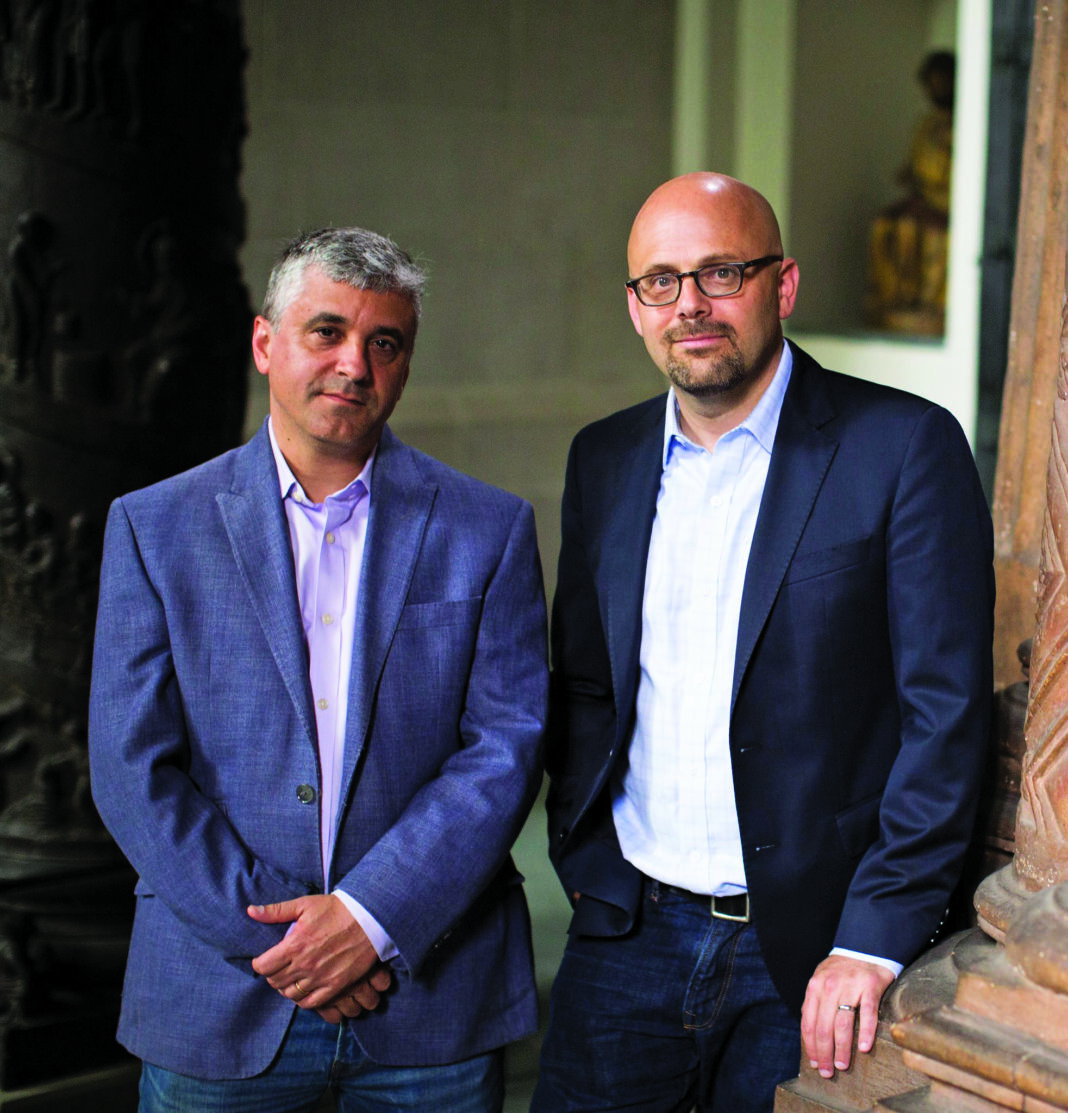If the old saying is true, then those who fail to learn from history are doomed to repeat it.
North Bay native and Harvard Professor of Government Daniel Ziblatt knows his history, and he has made a career of studying political systems around the world. More specifically, he’s an expert in how political democracies form and how they fail, and he offers a stark and revelatory history lesson in his best-selling book, How Democracies Die, co-authored with fellow Harvard professor Steven Levitsky.
Ziblatt engages in political discourse when he appears on Wednesday, May 16, at The Commonwealth Club in San Francisco and on Friday, May 18, in his hometown of Occidental at the Occidental Center for the Arts.
Ziblatt first began examining politics while attending a German boarding school as part of a high school exchange program in 1990. “This was the year of German unification,” Ziblatt says. “That was an exciting year to be in Germany, after the fall of the Berlin Wall.”
In college, Ziblatt studied German history, literature and eventually European politics. As a professor at Harvard, Ziblatt specializes in those subjects with an emphasis on democratization and state building. He has already authored two books on the topic, 2006’s Structuring the State and 2017’s Conservative Parties & the Birth of Democracy.
While Ziblatt was examining Europe, How Democracies Die co-author Levitsky studied Latin American politics, and the two have previously co-instructed classes on democratic crises around the world, though never focusing on the U.S.
“During the primary season of the [2016 presidential] election, we started talking about U.S. politics and how we were seeing echoes of things we had studied in other countries,” Ziblatt says.
As political candidate Donald Trump threatened to lock up his rival, called the press the enemy of the people and accused the government of potentially rigging elections, Ziblatt notes the unprecedented actions of that election mirrored events that occurred in other countries which experienced democratic breakdowns.
“[Democracies] don’t die the way they used to,” Ziblatt says. “They used to die through military coups; men with guns.”
Since the collapse of communism in the 20th century, Ziblatt explains that democracies have begun to die at the ballot box, with presidents and prime ministers being elected to office and then dismantling democracy from within.
“We started to realize there was some useful lessons to be learned,” Ziblatt says. “Some missteps to avoid and things that politicians and citizens should do. Just having elections is no guarantee of democracy.”
In How Democracies Die, Ziblatt and Levitsky point to several global examples, from 1930s Europe to contemporary Hungary and Venezuela, to show how elected leaders become authoritarian rulers. For those feeling discouraged by the polarized political atmosphere, Ziblatt and Levitsky offer steps that both Republicans and Democrats can do to save our own democracy.
“As much as we disagree with or are frightened by our political opponent, it’s important to continue to abide by and act in a way that reinforces democratic norms,” Ziblatt says. “In many cases, countries overcome their polarization only after major catastrophes. We want readers to understand the stakes of our current politics so we can overcome our problems without having to undergo those catastrophes.”
Daniel Ziblatt reads from ‘How Democracies Die’ on Wednesday, May 16, at The Commonwealth Club, 110 The Embarcadero, San Francisco, noon, $15-$40, 415/597-6705 and on Friday, May 18, at the Occidental Center for the Arts, 3850 Doris Murphy Ct., 7pm, $5, 707/874-9392.






